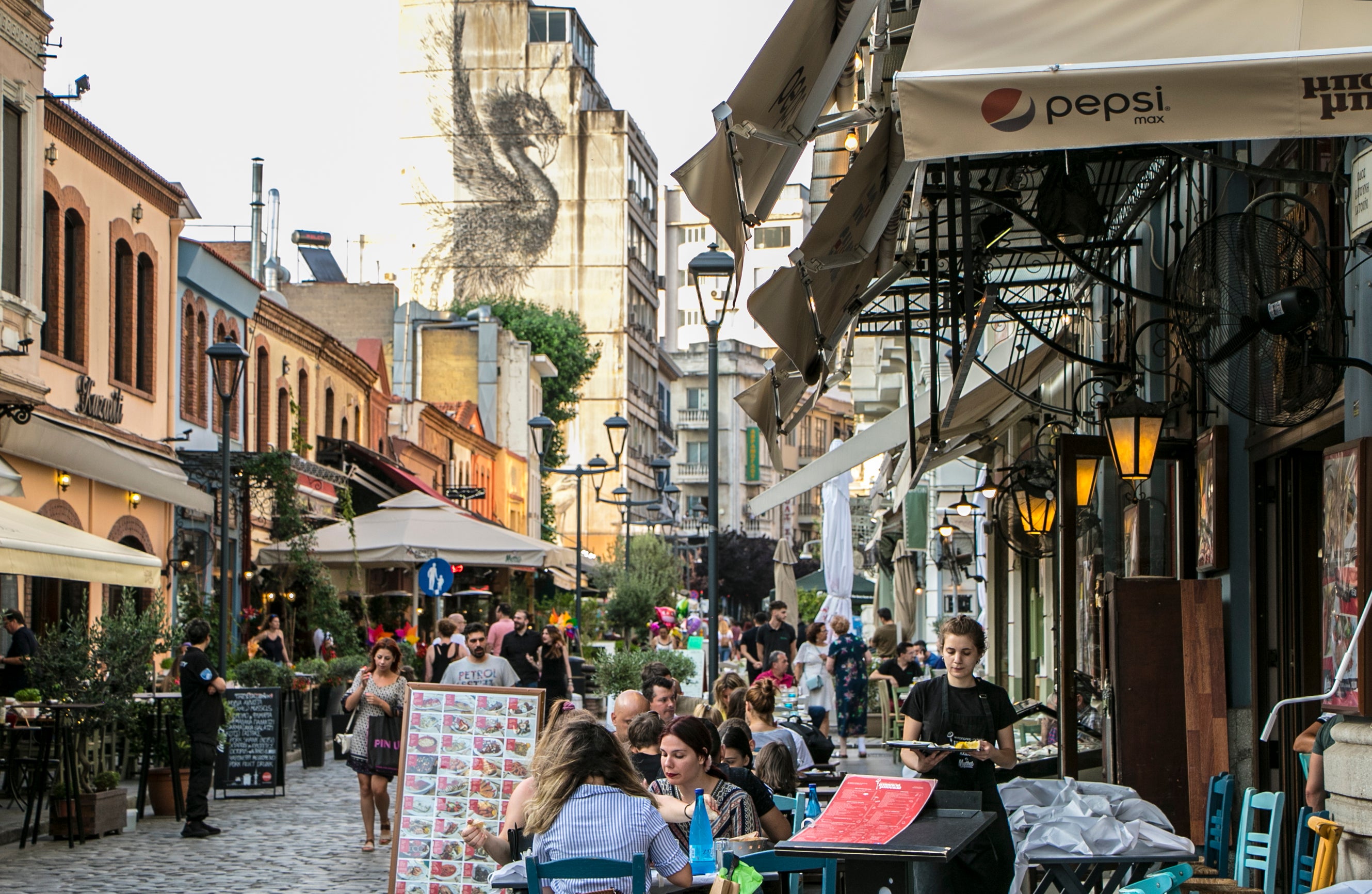Greece brings in new tourism measures in bid to tackle housing crisis
Europe’s tourism boom has prompted hotspots such as Spain, Lisbon, Berlin and Florence to announce restrictions

Your support helps us to tell the story
From reproductive rights to climate change to Big Tech, The Independent is on the ground when the story is developing. Whether it's investigating the financials of Elon Musk's pro-Trump PAC or producing our latest documentary, 'The A Word', which shines a light on the American women fighting for reproductive rights, we know how important it is to parse out the facts from the messaging.
At such a critical moment in US history, we need reporters on the ground. Your donation allows us to keep sending journalists to speak to both sides of the story.
The Independent is trusted by Americans across the entire political spectrum. And unlike many other quality news outlets, we choose not to lock Americans out of our reporting and analysis with paywalls. We believe quality journalism should be available to everyone, paid for by those who can afford it.
Your support makes all the difference.Greece has said it would give a three-year tax break to homeowners who convert their short-term rentals to long ones.
The move makes the tourism-favourite the latest European country to clamp down on holiday lets to tackle a housing shortage.
Europe’s short-term rental boom has already prompted tourism hotspots such as Spain’s Canary Islands, Lisbon, Berlin and Florence to announce restrictions on such lets, which many local people blame for pricing permanent residents out of the market.
As part of a plan to tackle housing shortages, Prime Minister Kyriakos Mitsotakis said last week that Greece also planned to increase a tax on short-term rentals and ban new licences in central Athens.
Residents of the capital responded positively to the plans.
“It’s a huge issue because it’s changing the urban landscape. Where there are traditional buildings, now there’s a modern one next to them, designed to be an Airbnb,” says 58-years old Athens resident Penny Platanitou.
Valentina Reino, head of public policy for Airbnb in Southern Europe, said on Friday that her company was ready to work with the Greek government on “targeted and proportionate solutions”.
Read more: Best Greek island hotels

Low wages, high inflation, property shortages and the growth in short-term holiday rentals have fuelled a housing crisis in Greece still recuperating from a nearly decade-long debt crisis. Low-income earners, young couples and students have been hit particularly hard.
Greece has spent 2.2 billion euros so far to subsidise low-interest loans to help young people onto the property ladder and will earmark an additional 2 billion euros to extend the plan to couples up to 50 years old.
“Greece, indeed, has joined that team of countries in recent years where the housing shortage is pushing families unbearably,” Sofia Zacharaki, Greece’s minister for social cohesion and family affairs, told a press conference to present the plan.
Meanwhile, Greece‘s prime minister has asked the EU to urgently respond to soaring power prices in central and eastern Europe, which Athens said are being exacerbated by Russian attacks on Ukraine’s energy infrastructure.
In a letter to the European Commission, seen by Reuters, Kyriakos Mitsotakis asked Brussels to create a bloc-wide regulator with powers to inspect energy markets across the EU, and urged the Commission to support cross-border infrastructure projects to transfer power between countries.
Power prices in Greece more than doubled from 60 euros per megawatt hour in April to 130eur/MWh in August, the letter said.
“We cannot explain convincingly to our citizens why the price they pay is rising so suddenly. This is politically unacceptable,” the letter said.
Mitsotakis blamed the price spike, which has also affected countries including Romania and Bulgaria, on factors including soaring temperatures this summer, power infrastructure outages, and hydropower reservoirs dried out by climate change-fuelled drought. But he said an additional burden has come via Ukraine, which has become increasingly reliant on power imported from other European countries. Russian attacks have knocked out half of the country’s power generating capacity this year, Ukrainian officials have said.
Join our commenting forum
Join thought-provoking conversations, follow other Independent readers and see their replies
Comments